Department of Applied Biological Chemistry
Research Group Introduction
The department of Applied Biological Chemistry engages in a wide variety of both fundamental and applied research. Our department includes world experts on biopharmaceuticals, organic and nutritional chemistry, microbes, biofuels, enzymes and more. Two or three professors make up a laboratory and are engaged in education and research.
Laboratory of Fermentation Chemistry
In Japan, it has recently been a “Fermentation (HAKKO) boom.” Yes, it’s actually our HAKKO laboratory that is at the forefront of the boom! Speaking of “Fermentation,” do you have a strong image of fermented foods such as yogurt, natto, and alcoholic drinks? But fermentation is deeper and is useful in our daily lives. Now, we are enjoying research on “Fermentation,” intending to find microorganisms with new functions from the natural world and apply those functions to the production of chemicals with less environmental damage and to conservation and restoration of the environment.
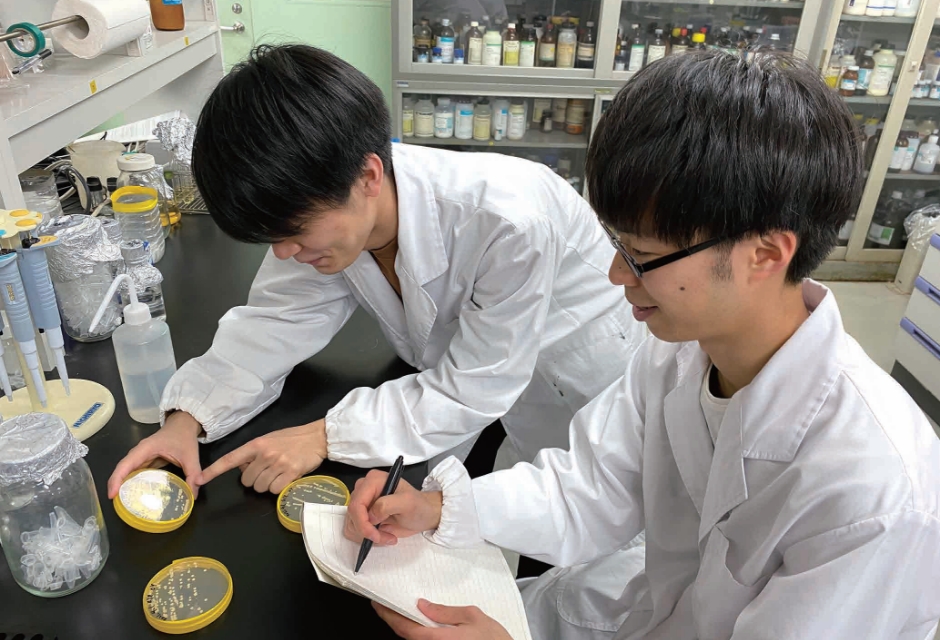
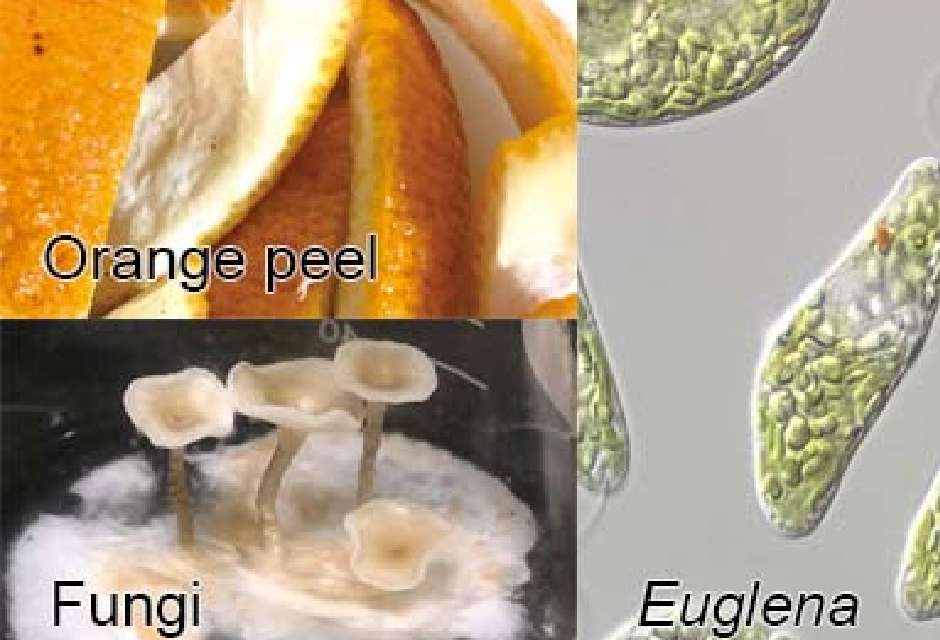
Laboratory of Biocycle Engineering
We mainly study the following three researches to accomplish bio-economy: (1) research on the effective utilization of plant cell wall polysaccharides (cellulose, hemicellulose, and pectin), which are the most abundant biomass in nature; (2) research on unique enzymes produced by organisms with high abilities to degrade organic substances (earthworms, mushrooms, etc.), and (3) research on the development of biorefinery technology using Euglena.
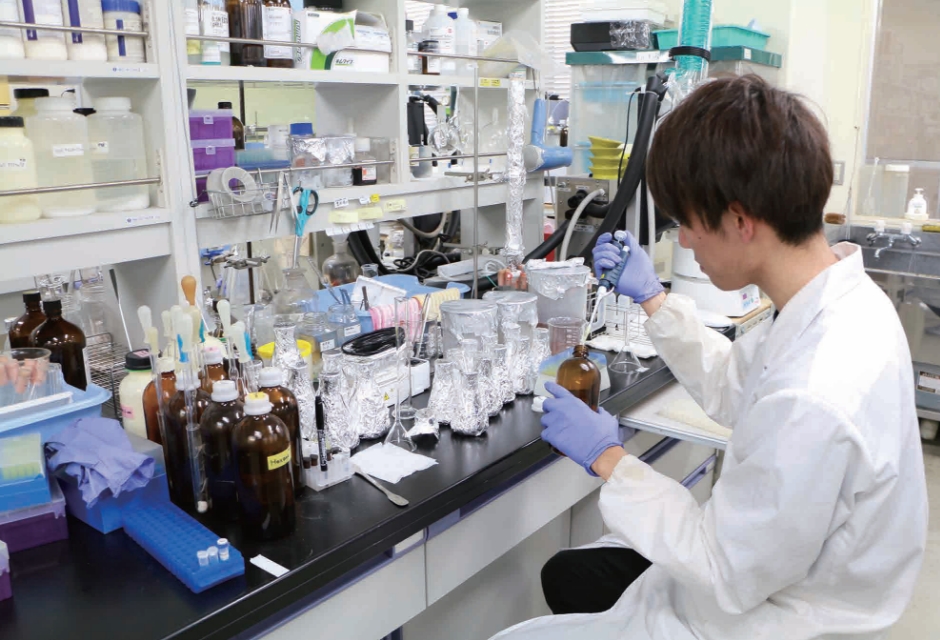
Laboratory of Natural Products Chemistry
We are conducting world-leading research on chemical factors involved in important biological phenomena, on the basis of natural product chemistry and organic chemistry. We especially focus on physiologically active natural organic compounds that are involved in symbiotic, parasitic, and pathogenic interactions among plants, microorganisms, and other organisms. The major part of our research is isolation, structure determination, organic synthesis, and analysis of the mode of action of target compounds. Our goal is to elucidate the chemical communication between organisms and develop new useful chemicals.
Laboratory of Biological Macromolecules
We study biomedical sciences, which may be unique in the School of Agriculture. For example, we aim to develop drug delivery systems to deliver drugs to lesion areas such as cancer tissues in a pinpoint fashion using highly biocompatible transport proteins. Also, we aim to develop therapeutic drugs for infectious diseases caused by parasitic protozoa Trypanosoma brucei and hypoallergenic vaccines to treat allergies to dogs and cats. Furthermore, we are interested in searching for RNA molecules as therapeutic and diagnostic targets. The motto of our laboratory is “Let’s enjoy science.”
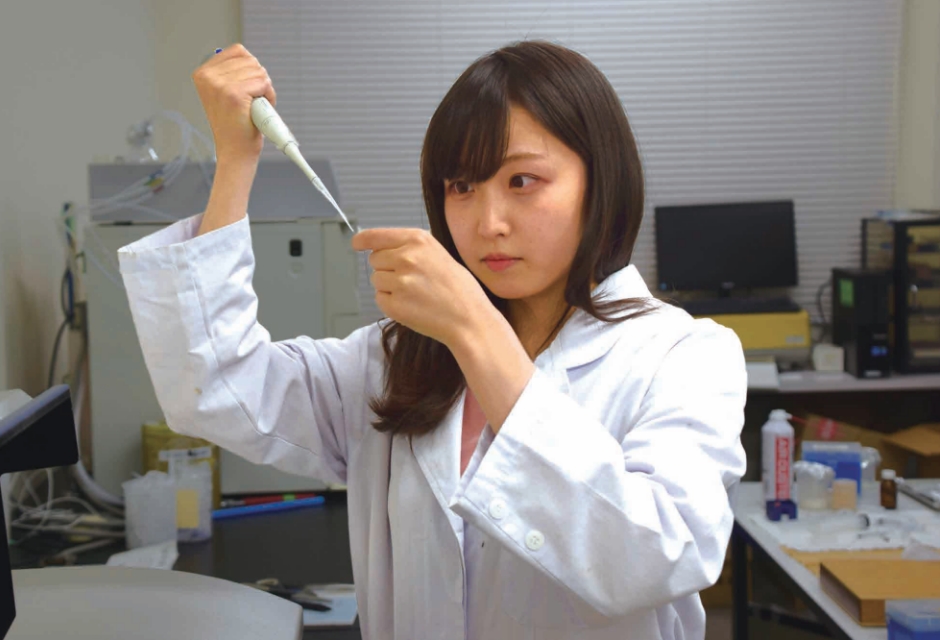
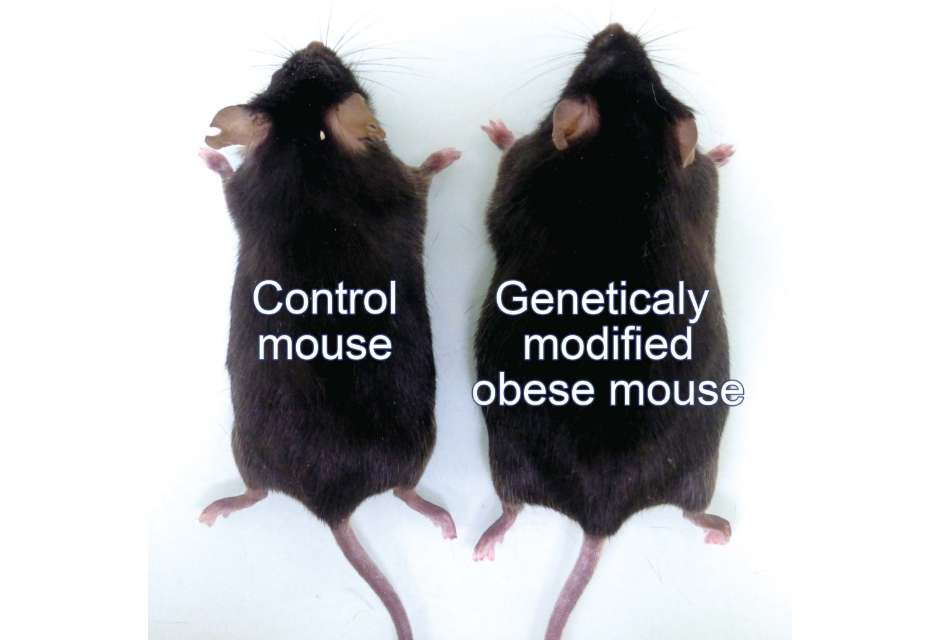
Laboratory of Nutrition Chemistry
The prevention of diseases caused by overeating and the maintenance of the health of the elderly population in a superaged society are important issues for building a sustainable society. Food ingredients that are chemicals (e.g., vitamins and polyphenols) activate chemical signaling in the body. The goal of our laboratory is to elucidate abnormal chemical signaling in diseases induced by excessive nutrient intake, lack of exercise, and aging while considering sex differences and to maintain homeostasis in the body by utilizing the functions of food components.
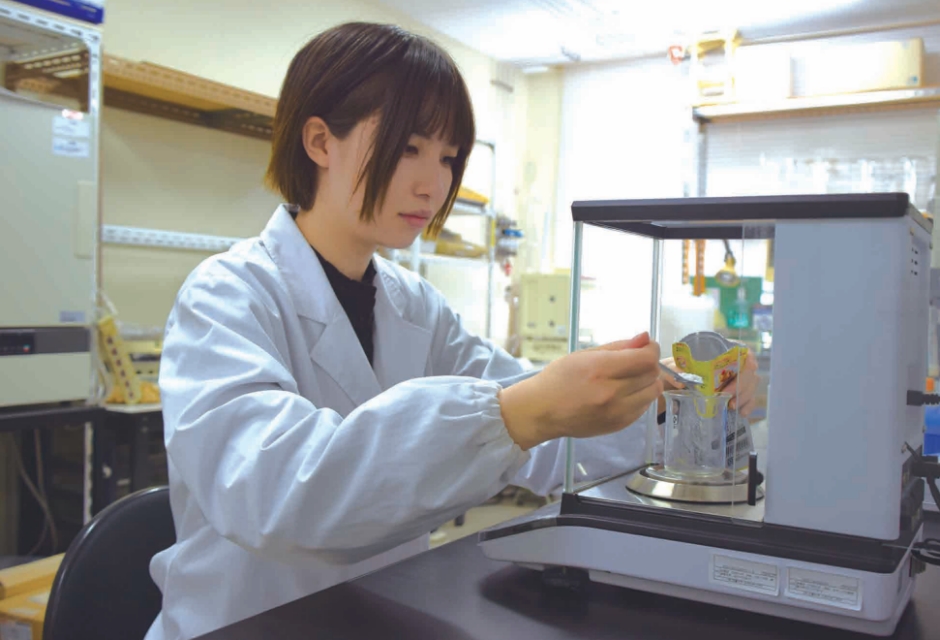
Laboratory of Food Material Chemistry
In modern eating habits, natural foods are rarely eaten as they are, and they are lined up on the table after some processing. Food manufacturing and processing operations play a role in adding value such as being edible, improving storage stability and convenience, responding to various food preferences, and enhancing nutrition and biological functions. At the Food Material Chemistry Laboratory, we are engaged in research to understand the chemical properties of food materials and to construct manufacturing and processing processes that can make effective use of them.
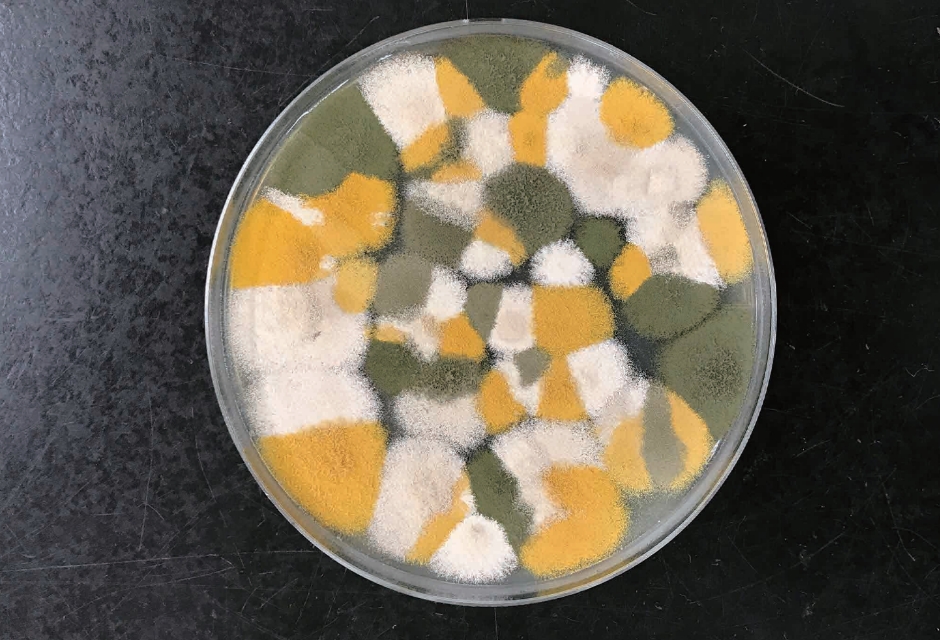
Laboratory of Applied Microbiology
Microorganisms are extremely diverse. It is predicted that the known microorganisms are only a few percent of the microorganisms that actually exist on Earth. Thus, we believe that microorganisms are a treasure trove of new resources. Our research group aims to explore and elucidate the novel metabolic functions and products of microorganisms by biochemical and genetic approaches and to utilize them to solve the problems on resource, environment, and energy that we are facing. We feel strongly that these efforts should lead to achieving the Sustainable Development Goals (SDGs).
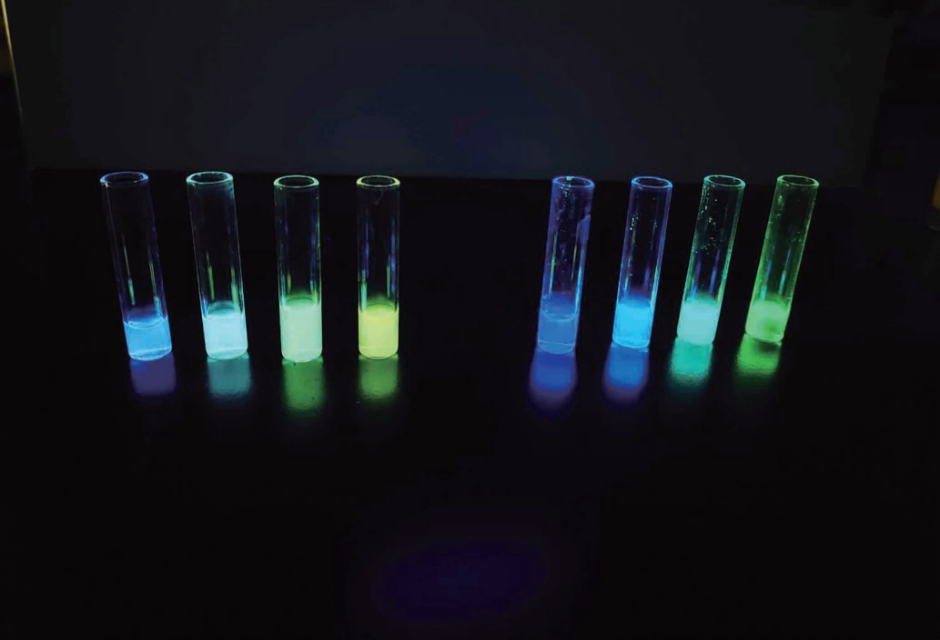
Laboratory of Synthetic Bioorganic Chemistry
Biogenic organic compounds show various bioactive functions. Our research group aims to synthesize highly functional compounds such as endogenic biologically active substances, natural products, and semiochemicals. Additionally, we perform the synthesis and evaluation of functional ingredients in foods, cosmetics, and perfumes. The synthesis of heterocyclic compounds directed toward the development of pharmaceutical and agrochemical lead compounds, the construction of chemical libraries, and their biological evaluation are also studied.
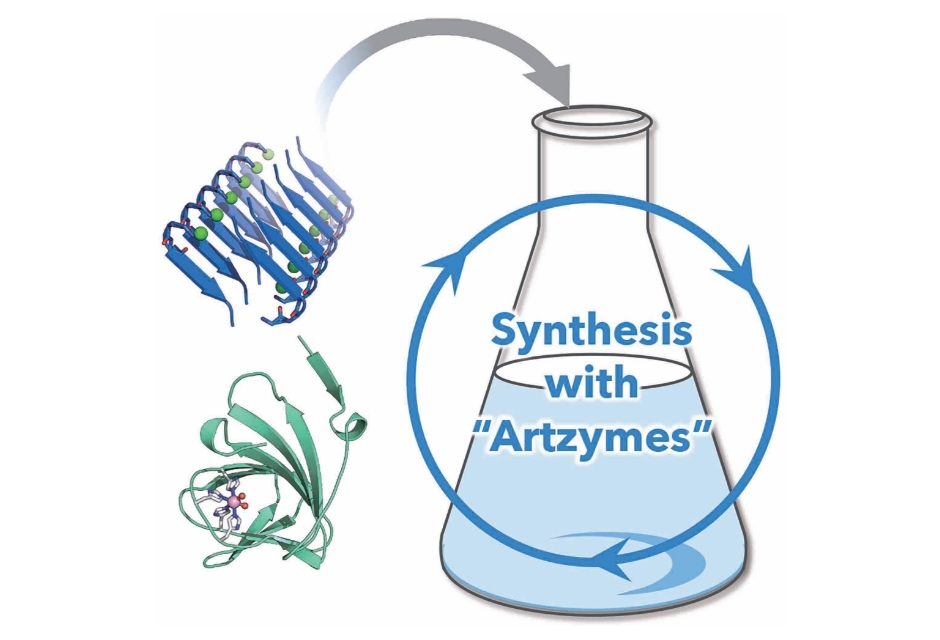
Laboratory of Physical Biochemistry
Biotechnology, which has stemmed from the traditional breeding and fermentation industry, is being applied to establish the novel technology of manipulating not only macro biological parts such as cells and organs but also microelements, biomolecules. Biotechnology is reminiscent of the tools of living organisms, but it also integrates chemical and physical technologies for direct synthesis and observation of biomolecules. In our laboratory, we attempted to produce artificial enzymes and pump proteins by harnessing such molecular technologies.